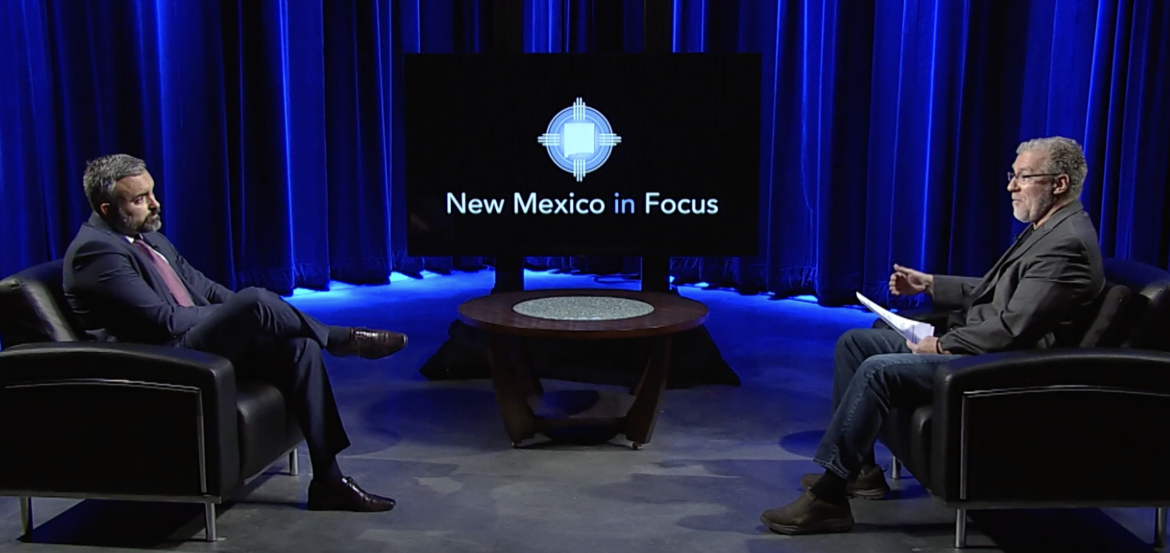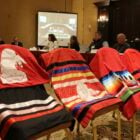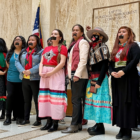Indigenous Affairs
New Mexico isn’t doing enough to end missing and murdered Indigenous people crisis, lawmakers say
 |
|
Lawmakers and advocates this week said an advisory council on missing and murdered Indigenous people Gov. Michelle Lujan Grisham’s administration announced Tuesday isn’t a good replacement for a task force disbanded earlier this year, and questioned why state officials aren’t asking for more money to confront the crisis. Asked by lawmakers Tuesday about what the state is doing, Indian Affairs Secretary-designate James Mountain pointed in part to the advisory council, which he said will hold state agencies accountable as they carry out recommendations made last year by the defunct task force.
But Mountain’s update didn’t satisfy lawmakers or Indigenous families who have lost loved ones.
“We’re fighting for our families,” Vangie Randall-Shorty told Mountain and other officials during public comment of the Legislature’s Indian Affairs Committee in Albuquerque. Her son, Zachariah Juwaun Shorty, was found dead from gunshot wounds on the Navajo Nation in July 2020. “These are human beings and you don’t take this serious. Come on, get it together for us.









